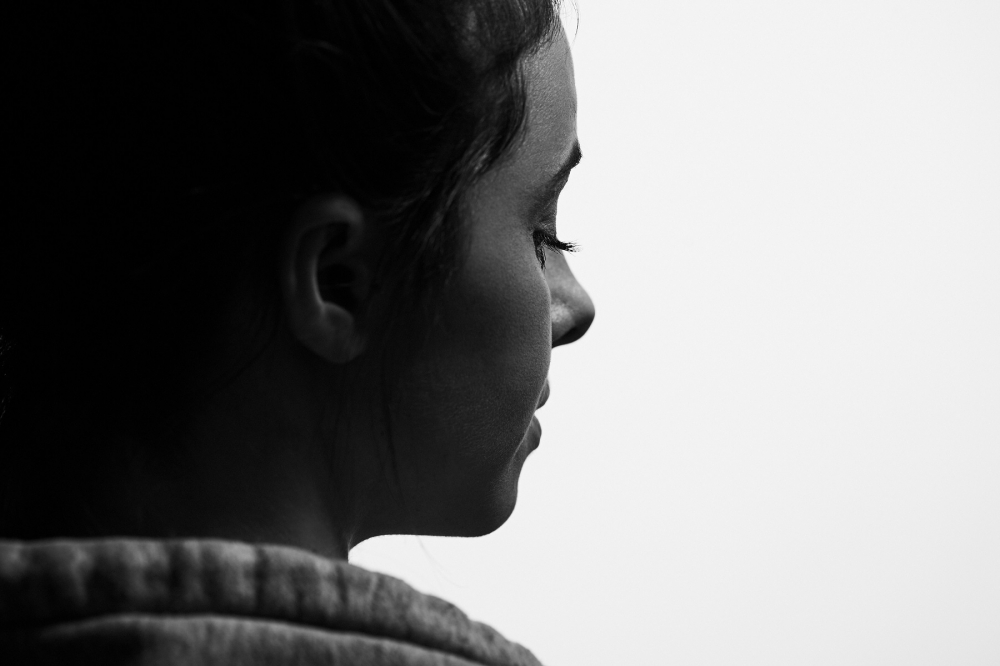Warning as new figures show most teenage alcohol comes from the home
New figures out today show 1 in 10 (11%) of North East children aged 11-15 have drunk alcohol in the last week – with the North East having shed its record for the highest rates of children drinking in England.
But they also reveal that 1 in 10 (9%) pupils have been drunk in the past week – and most of the alcohol consumed by children comes from the family home.
It comes as Balance warns parents this summer about the risks of giving children alcohol supplies which can harm health, fuel noisy street sessions and lead to accidents, police action and other unwanted consequences.
The Smoking, Drinking and Drug Use among Young People in England 2018 is a major nationwide survey monitoring smoking, drinking and drug use among secondary school pupils aged 11 to 15.
The 2018 survey published today (20 Aug 2019) shows:
• Around 11% of pupils aged 11-15 had drank alcohol in the North East in the week before the survey – around 15,000 pupils. This has fallen from 12% in 2016, meaning the North East is no longer the highest region but the fourth highest.
• 9% of boys aged 11-15 had drank alcohol in the previous week in 2018 compared to 12% in 2016 when the North East was the worst area in the country. The NE is now the 5th highest – lower even than the South East.
• 14% of girls aged 11-15 had drank alcohol in the last week – an increase from 12% in 2016 and the joint highest in England. Girls are also more likely to drink wine and spirits than boys.
In addition, national figures show:
• 1 in 10 (9%) of pupils aged 11-15 had been drunk in the previous four weeks, equating to an estimated 12,200 pupils in the North East. Of these, the most common adverse consequence reported was feeling ill or sick (40%) and 23% had vomited.
• One in five pupils (18%) thought it was OK to get drunk once a week.
• Pupils who obtained alcohol in the last four weeks were most likely to have been given it by parents or guardians (71%). Other common sources were to be given it by friends (49%), or to take it from home with permission (48%).
• Children from affluent families – and families where parents and siblings drink – are more likely to drink.
• Pupils who lived with people who drank alcohol were more likely to drink alcohol themselves.
• Drinking alcohol was also a risk factor in pupils starting to smoke.
Colin Shevills, Director of Balance, said: “It is positive to see that the numbers of children regularly drinking have declined since 2003. However, thousands of children in our region are still getting drunk and putting their health at risk. With most of the alcohol coming from home, parents may be unknowingly helping to enable this.
“We’d urge parents to think twice and ask themselves whether they want to be fuelling drinking among their children’s peer group, potentially leading to other risk taking behaviour?
“Too many children are ending up in hospital, in A&E or with real problems in their lives because of alcohol. We want the best start in life for our children and evidence is clear that the longer we can delay drinking alcohol in their lives, the better.”
Young people who drink regularly are four times more likely to smoke and three times more likely to take other, illegal drugs. They are more likely to get hurt due to an accident or as a result of violence and are more likely to engage in early and unprotected sex .
The school summer holidays are often a peak time for teenagers to try alcohol. In the North East teenagers are known to plan sessions or “seshes” via social media – often fuelled by alcohol from the home.
Parents can visit whatstheharm.co.uk to find out what every parent needs to know about children and alcohol at whatstheharm.co.uk. The website has tips and advice about having a conversation about alcohol with their child.
Alcohol and children – the facts
Young people who drink regularly are four times more likely to smoke and three times more likely to take other, illegal drugs. They are more likely to get hurt due to an accident or as a result of violence and are more likely to engage in early and unprotected sex .
Alcohol can also affect children’s mood and their mental health and can risk them falling behind at school.
Advice for parents is to talk to their children about alcohol before secondary school, don’t consider letting them drink before 15 and if you can, delay it until they’re 18 as that is definitely the best start in life.
